AI for Business Development Executives
Obtainable use of improved technologies is no longer an optional consideration but an outright necessity under the rapid improvement of business competitiveness today. Among the various technological advances influencing industries, Artificial Intelligence is the most critical change as it potentially transforms the perspective on quite many aspects of operations. It makes tremendous impact on business development executives as they quest for high efficiency, streamlined processes, and growth objectives. AI for business development executives is not just automating mundane tasks; it is empowering leaders with actionable insights and strategic tools to drive success.
The Importance of AI in Business Development
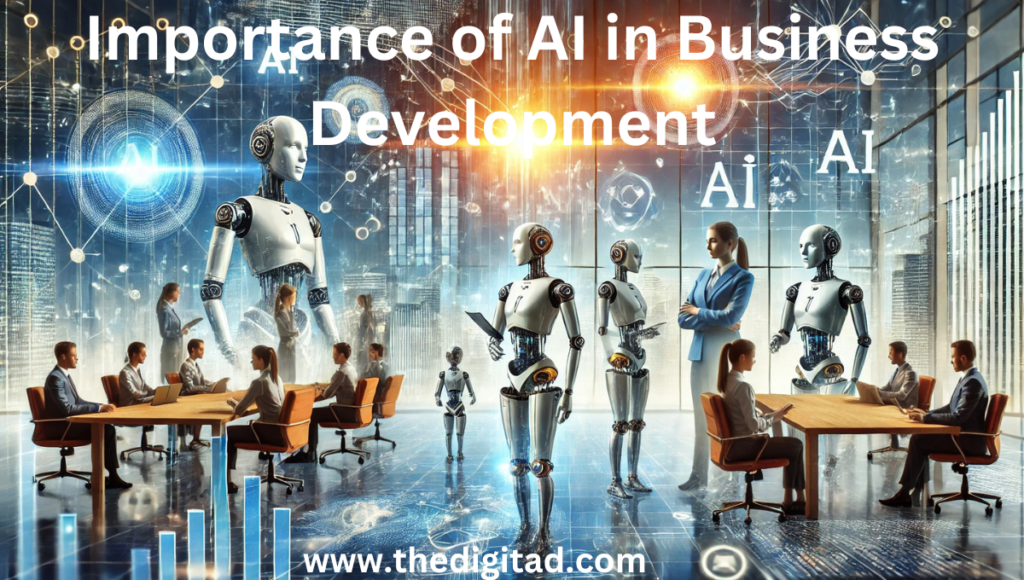
The main goal of business development executives is the generation of fresh clients through relationship building that brings income. Traditionally, these have been left to the instinct and manual effort, as well as great research. But AI has changed the scenario. Because AI tools enable the analyses of vast data in real time, thereby providing insightful information that lets executives work more efficiently in making those decisions.
For example, a CRM powered by artificial intelligence would predict the behaviors of its customers, lead-generation capacity, and even personalized communications with the respective customers. Applications such as Salesforce Einstein and HubSpot’s AI-enabled features would allow business development executives to focus on qualified leads, develop their tactics, and meet individual needs of each client, ultimately saving precious time while bringing increased chances to convert the leads into devoted customers.
How AI Improves Efficiency for Business Development Executives
Lead Generation and Qualification
Finding and qualifying potential leads is a significant task for business development teams that consume a lot of their time. Automated by AI algorithms, this process involves analyzing online behaviors, brushing market trends and historical data to discover prospects with high potential. Platforms like LinkedIn Sales Navigator, enhanced with AI capabilities, help executives discover ideal contacts and decision makers within target organizations.
Enhanced Data Analysis
The ability to interpret data quickly and accurately is crucial for business growth. AI for business development executives simplifies data analysis by identifying patterns, trends, and anomalies. Machine learning models are using large data for meaningful insights thus allowing executives to make anticipatory actions against market shifts.
Personalized Client Engagement
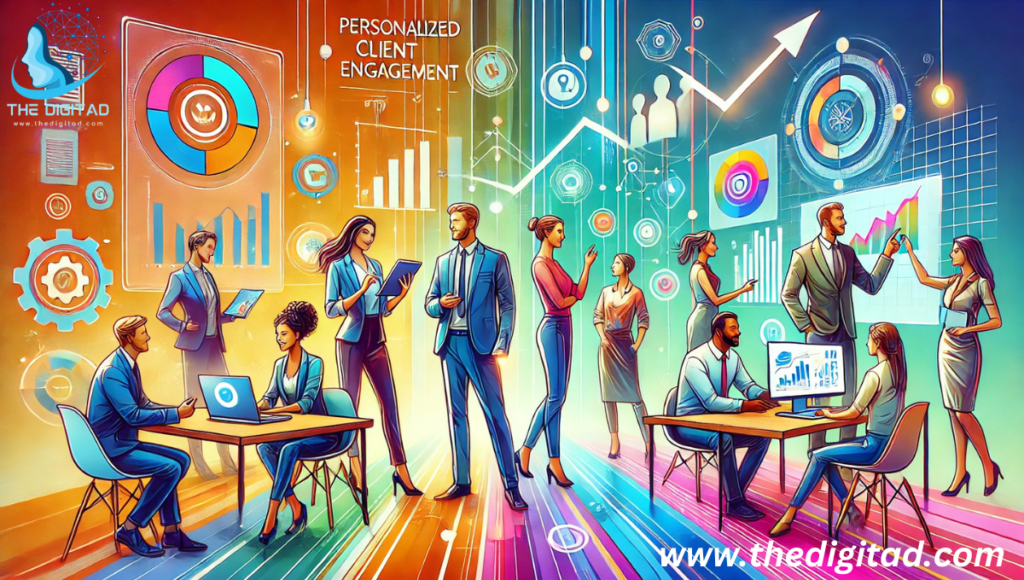
The best way for strong relationships with clients will be through personalization, where AI tools analyze consumer preferences, purchase histories, and feedback to enable crafting personalized messages and offers. Chatbots and virtual assistants, powered by NLP, can handle early inquiries and schedule follow-up interactions to ensure a smooth customer experience.
Predictive Analytics
Predictive analytics is one of the most effective applications of artificial intelligence toward business development. In predictive analytics, AI helps executives forecast possible market trends as well as customer needs and expected volumes of sales so that they can be fed the information they need to develop appropriate strategies. It derives competitive advantages through predictive tools like IBM Watson and Microsoft Azure Machine Learning, which are used in making data-driven decisions.
AI Tools Transforming Business Development
Such rampant adoption of AI in business development executives accompanied by the nonstop increased emergence of tools available from different sources designed for specific functions. Some of these include.
| Zoom Info | Uses an AI-driven data enrichment system to identify and connect you with key decision makers. |
| Outreach | For example, basically uses AI-optimized sales workflows for better team efficiency. |
| Crystal | Analyzes personality traits to help craft tailored communication strategies. |
| Seamless.AI | Aids in real-time prospecting by leveraging AI to find and verify contact information. |
These tools outline how AI for business development executives can transform traditional workflows so that teams can spend their time on strategic initiatives and not on administrative tasks.
Overcoming Challenges by AI Adoption
While there are many benefits to AI, its adoption poses challenges that business development executives must meet.
Data Privacy and Security
AI systems rely on vast amounts of data to function effectively. The making of data secure and confidential is critical, especially when it’s related to sensitive customer information. Hence, it necessitates the involvement of executives along with IT teams in formulating and applying strict cyber measures in compliance with regulations like GDPR or CCPA in data handling.
Having an Integrated System Already
Most times, businesses face a lot of challenges when it comes to integrating the AI tool with their other software. Organizations should, therefore, invest in AI solutions that are scalable and seamlessly integrated into the current systems and comprehensive training to their teams.
Cost and ROI
While the first investment in AI technology is huge, executives do not prefer to embrace such tools until they clearly know their ROI. Companies can begin small with pilot projects and show their impact to scale AI projects gradually while demonstrating real benefits.
Skill Gaps
Though it may be possible to implement such solutions through an in house setting, most companies still require specialized skills that have not yet been fully developed and can bridge this gap by training their executives, hiring AI experts who can set up and run such programs, or outsourcing with third party vendors.
The Human-AI Collaboration
One of the greatest myths on AI is its replacement of human functions. Actually, AI is built to augment human functions rather than replacing them. For example, a business development executive now needs to focus on the creative, emotional, and strategic part of his or her job while leaving most repetitive and data intensive activities to machines.
From analyzing a prospect’s online behavior and suggesting tailored communication strategies on how to present to the prospect, it is still for the executive to build rapport and close the deal. It also applies when AI forecasts market trends the executive is to glean from those forecasts pertinent information in relation to the industry and goal of the company.
Real-World Success Stories
The transformative potential of AI for business development executives is evident in several real-world examples.
Company A
The organization was able to decrease the time spent on lead qualification by 40% and increase conversion rates by 25% in six months by using an AI-driven customer relationship management (CRM) system.
Company B
This used Predictive Analytics to observe earlier than its competitors emerging patterns for the market, thus it launched an upcoming product line that generated USM 10 million the following year.
Company C
The business used AI-powered email marketing tools and managed to open a 30% higher rate and client engagement increased by 20%.
These success stories go to show how AI, when applied strategically, will deliver measurable results.
The Future of AI in Business Development
Fast developing applications of the AI technology are also considered to be diversifying in business development. These will include generative AI, real time sentiment analysis, automated negotiation bots, and other innovations yet to spring up. Business development executives who will adopt these innovations early will benefit in terms of competition.
Also, as AI becomes more low-cost and widely available, the small and medium sized enterprises will benefit from the potential transformation of AI. As such, this democratization of AI technology is pathing ways for equal playing fields not by getting businesses of all sizes to compete differently.
Conclusion
In a world determined by data driven decision making AI for business development executives is indeed revolutionizing the life of executives. The daily mundane tasks automated with actionable insights along the personalized engagement make the executive’s focus on the developing relationships and growing revenue. The progress will only enhance the benefits as they come, and for the ones who have embraced those advantages, the chances will be far beyond what they could ever have imagined.
This is perhaps the time for business development executives to invest in AI. It could be lead generation, predictive analysis, or client engagement; the value is worth pursuing. They should also realize that some challenges in adoption remain; however, there are mechanisms through which companies can overcome these hurdles to reap benefits from human AI synergy.
Read more Articles about AI & ML and other categories at thedigitad.com


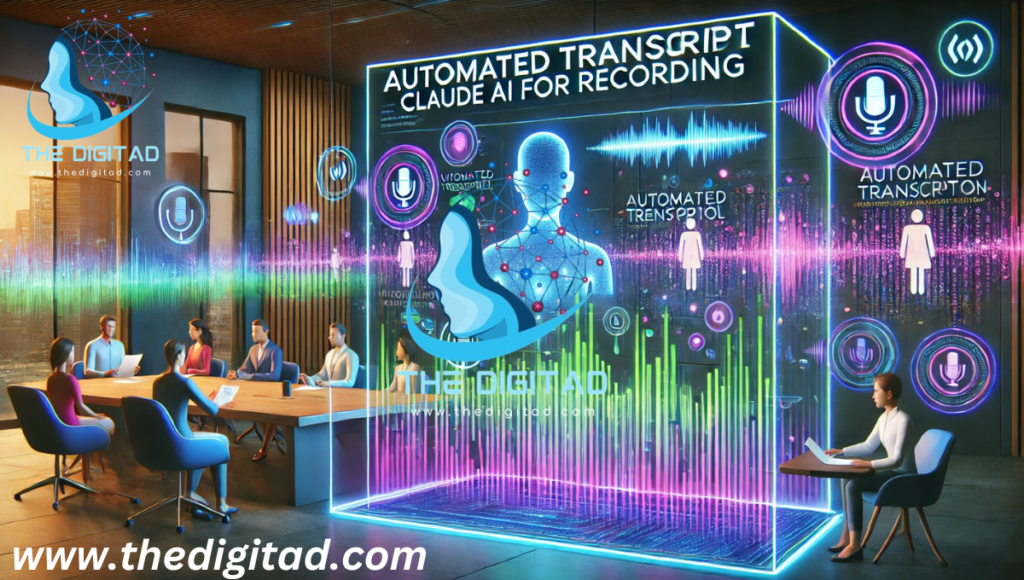
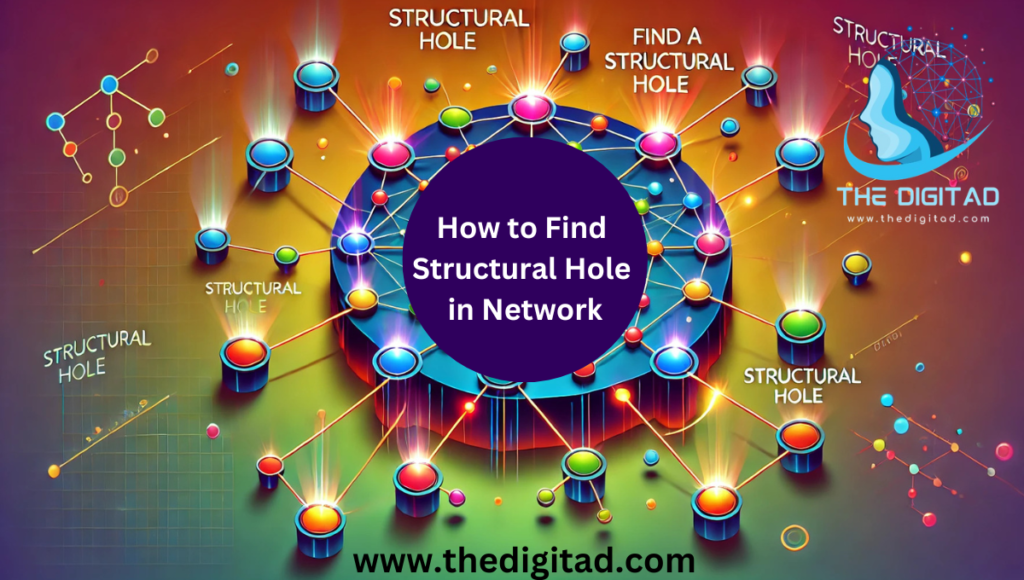
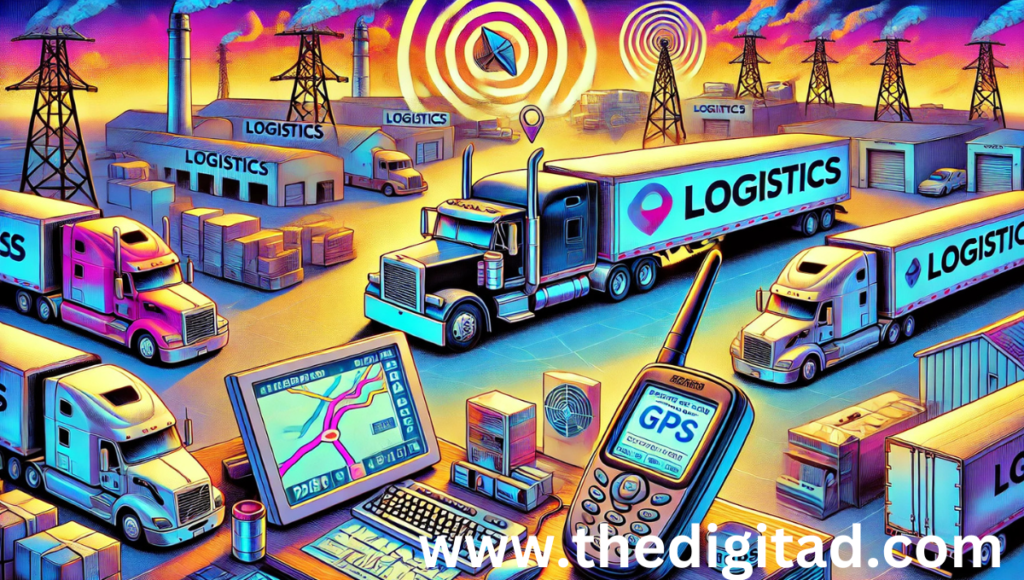
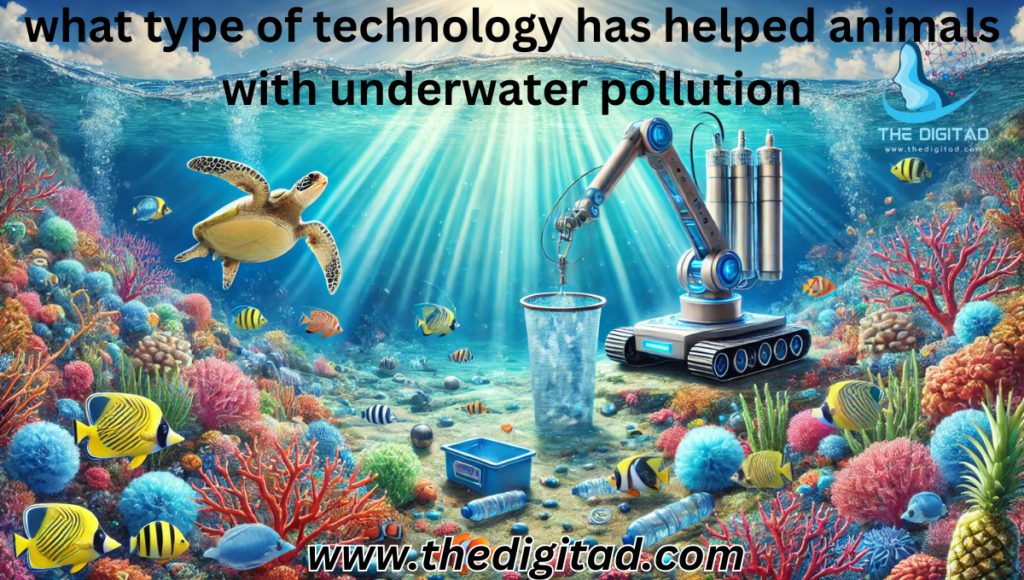

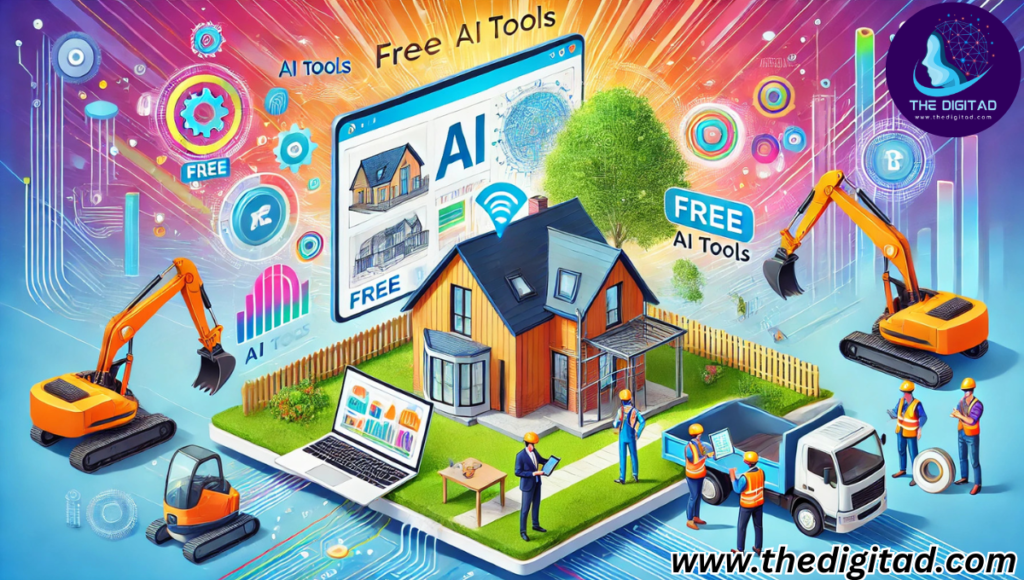
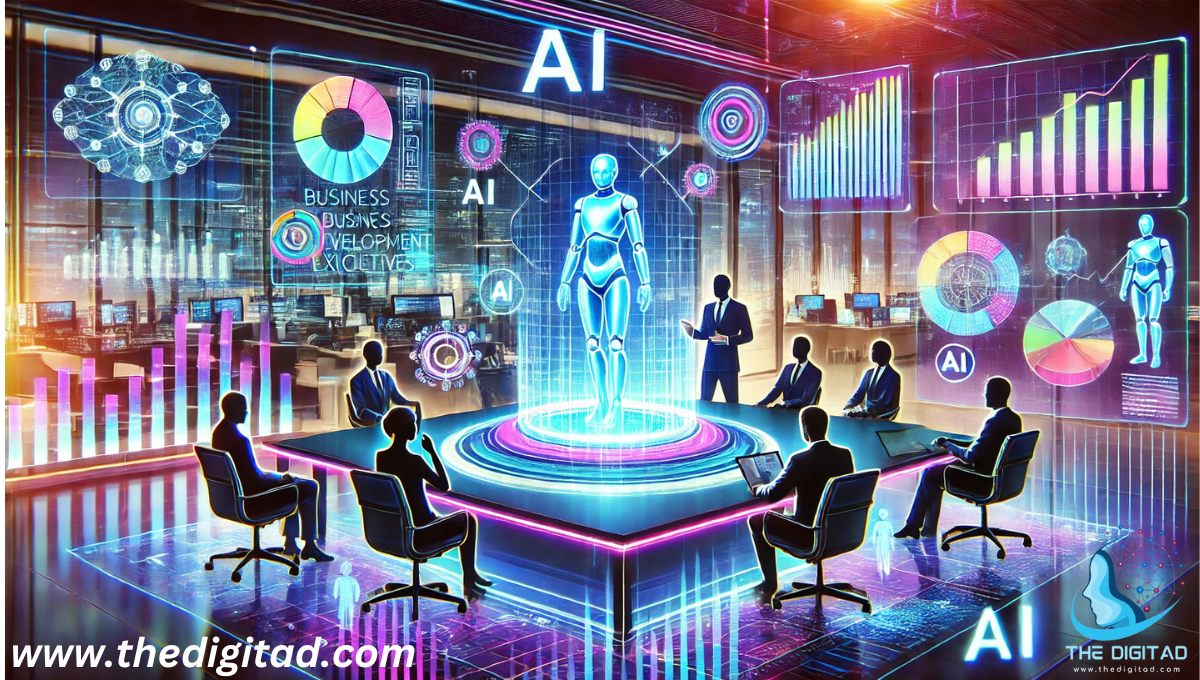
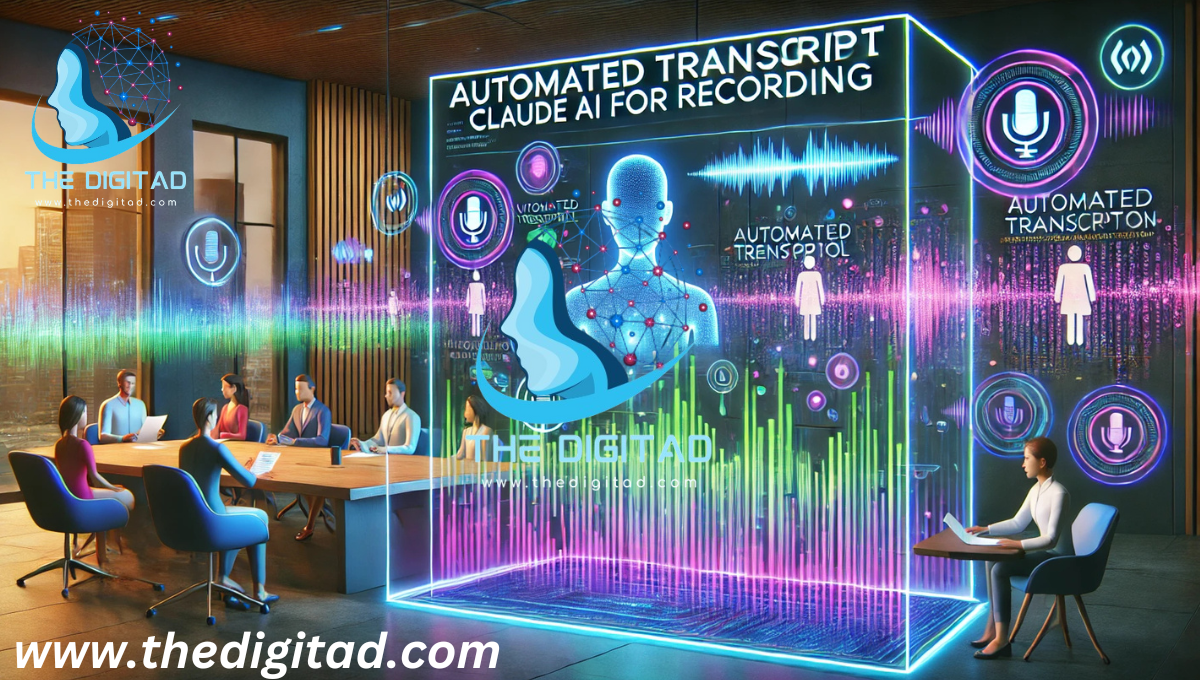

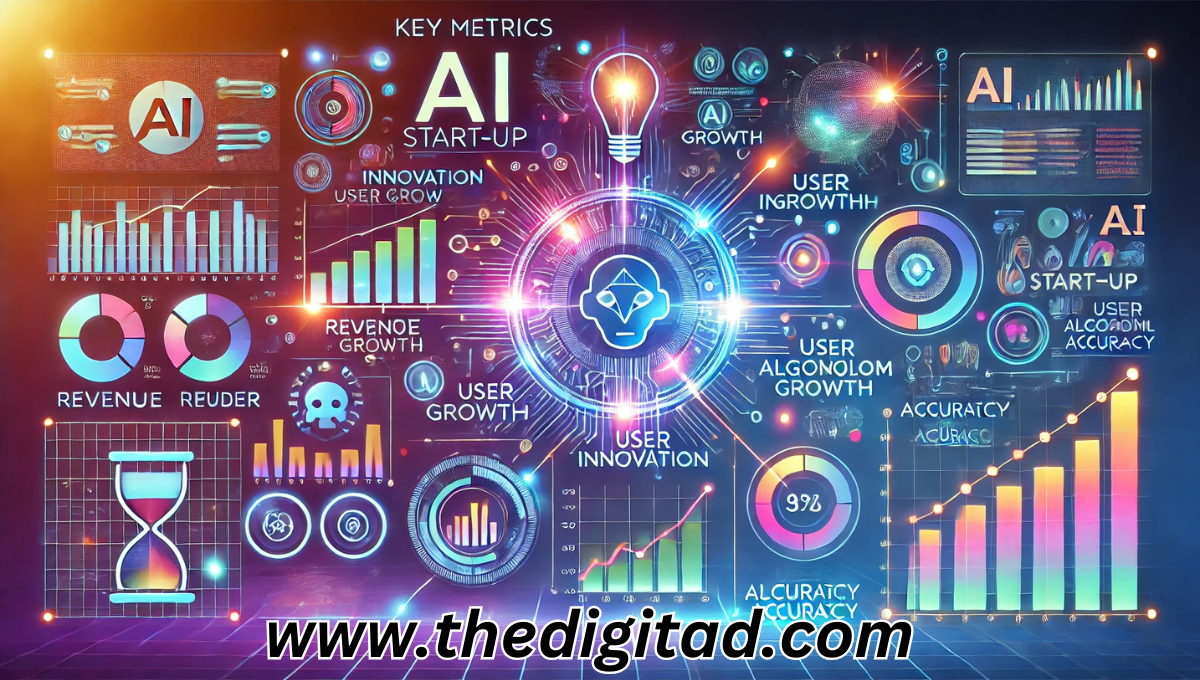







Post Comment